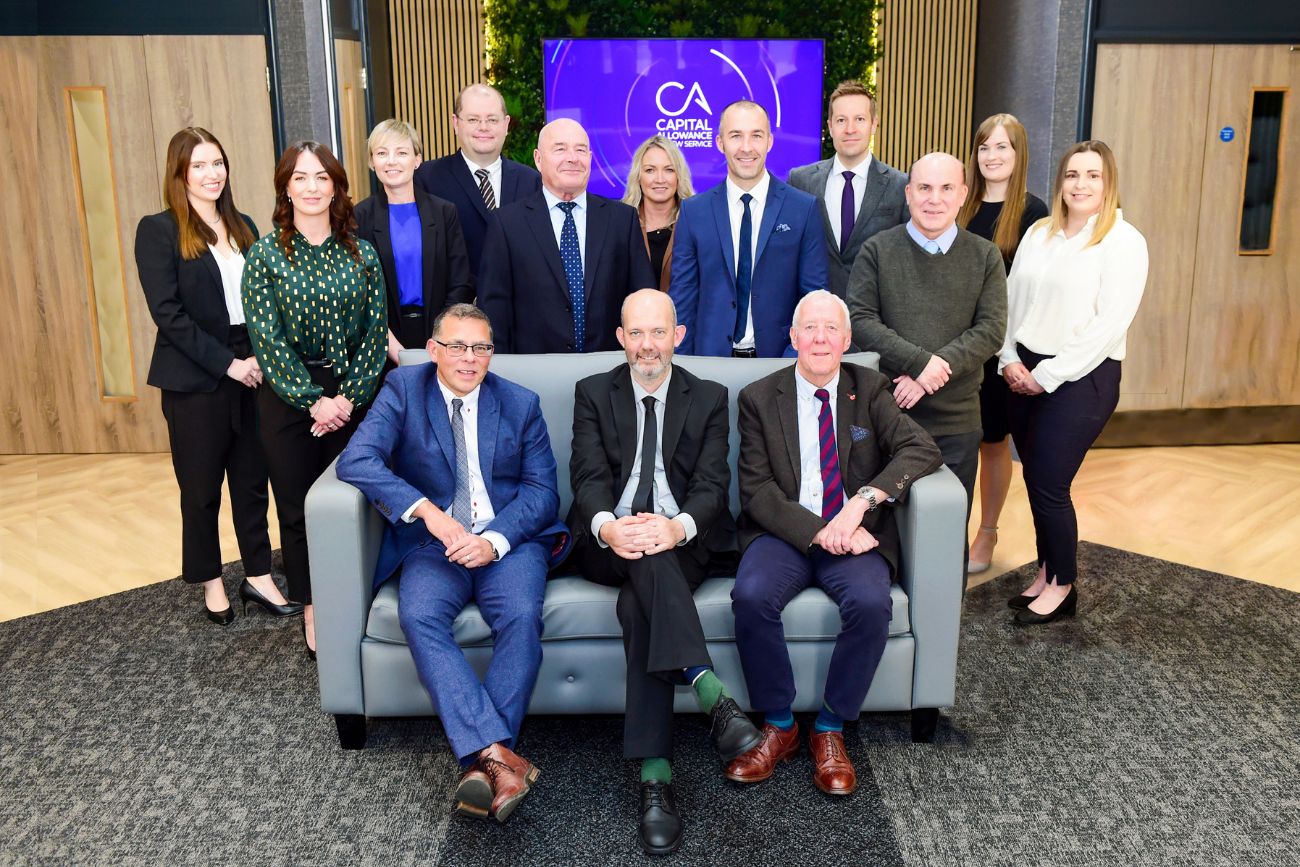Please get in touch with our expert team for support...
Latest News
-
 15 November 2024
15 November 2024Specialist CA Tax Advice for Accountants
At CARS, we’ve been providing expert support and advice for accountants for years. We understand that in the fast-paced world of accounting, keeping up with every aspect of tax legislation can be a daunting task. For accountants, Capital Allowance (CA) tax relief is an area that holds significant... -
 8 November 2024
8 November 2024Understanding Research and Development Allowances (RDAs) on Capital Expenditure
Innovation is a beacon of progress, driving companies toward success and relevance. The pivotal role of Research and Development (R&D) in fostering innovation is recognised and, as a result, incentives are offered to businesses through mechanisms like Research and Development Allowances (RDAs). Understand...
Contact Us
Our expert team are here to help answer any of your capital allowances questions or enquires you have about your commercial property.










